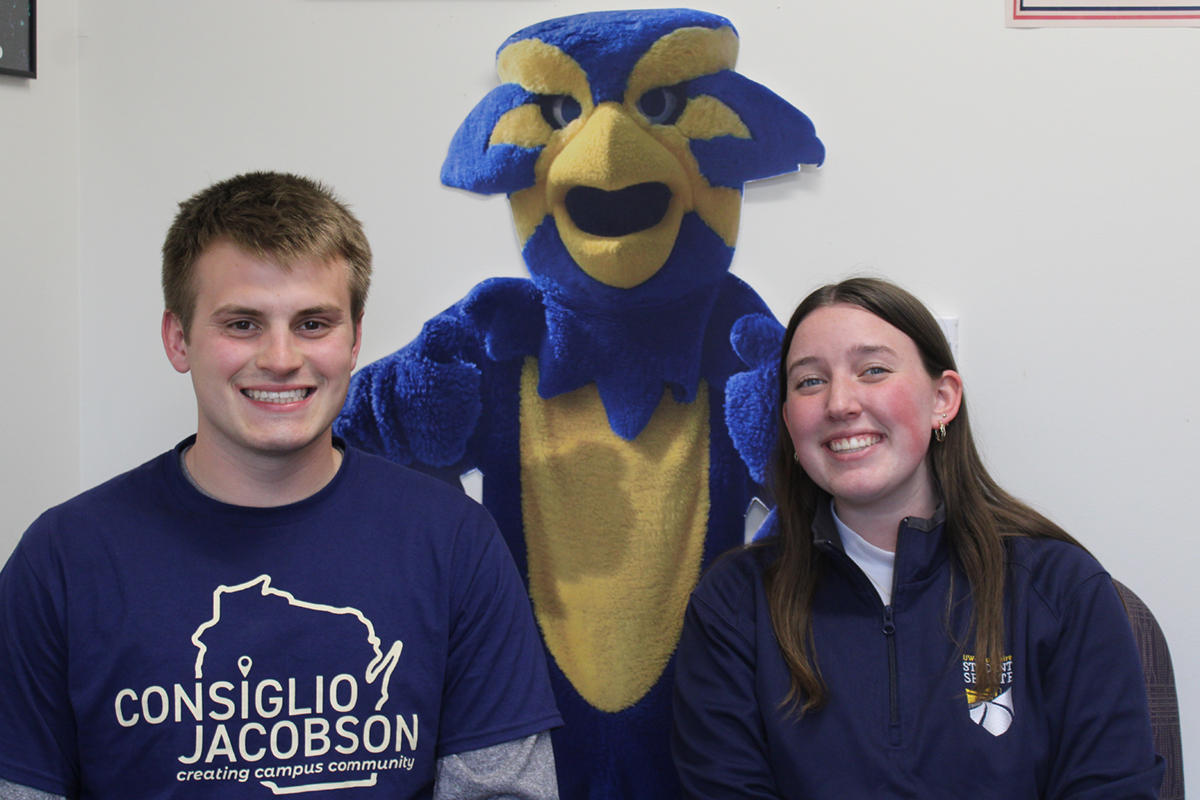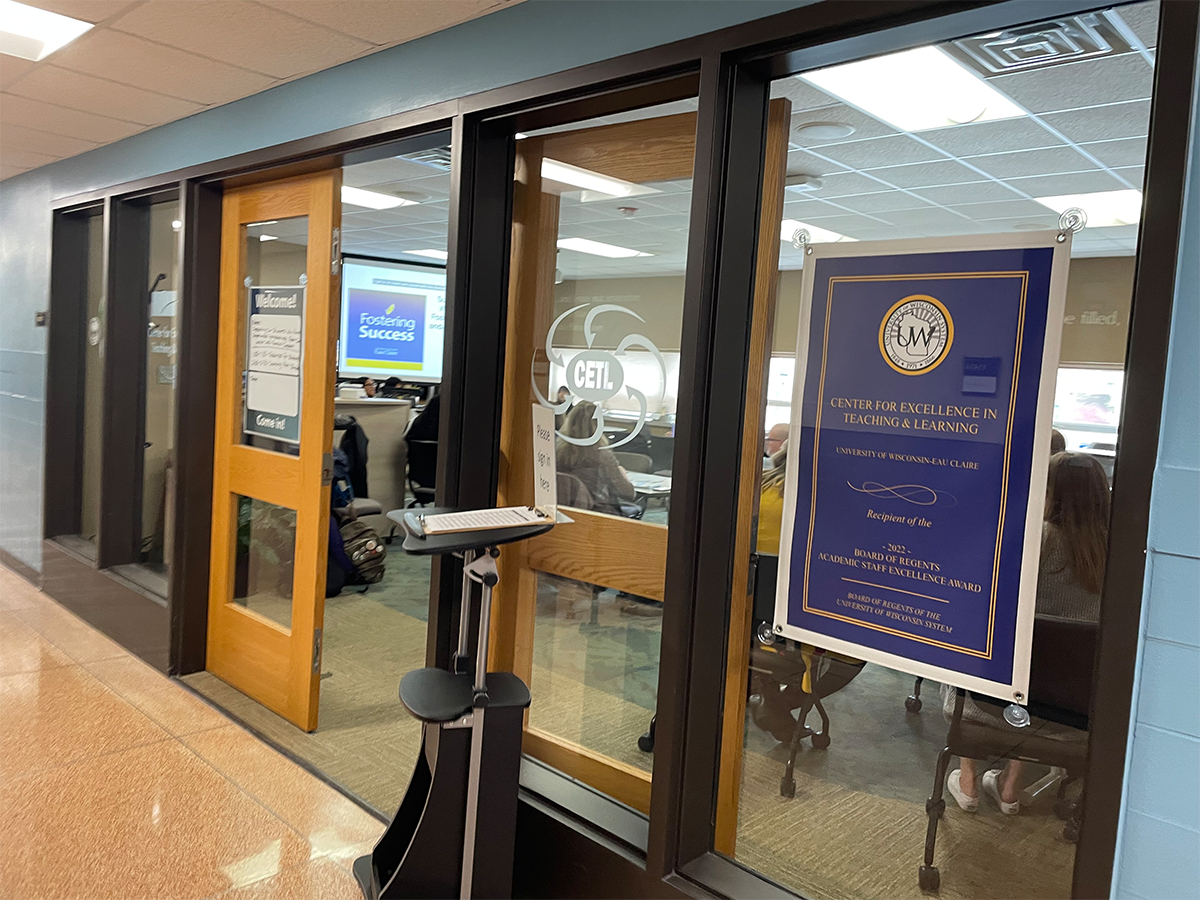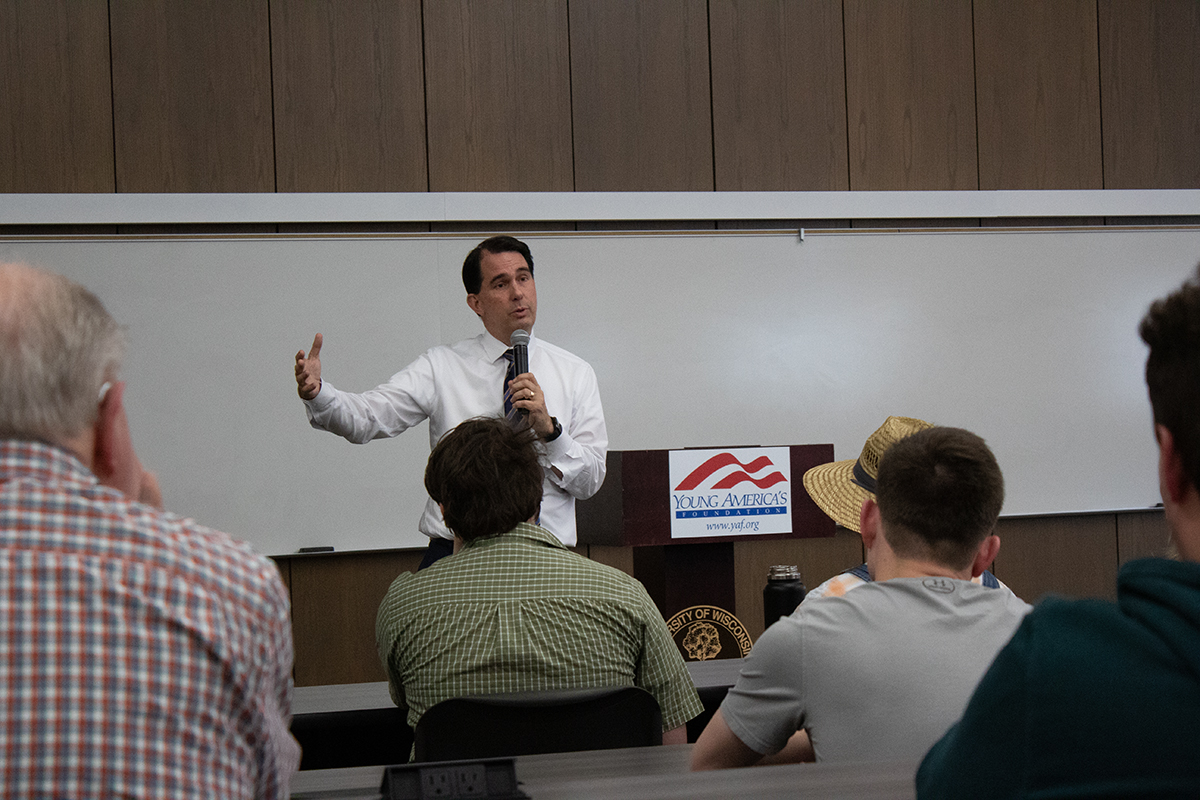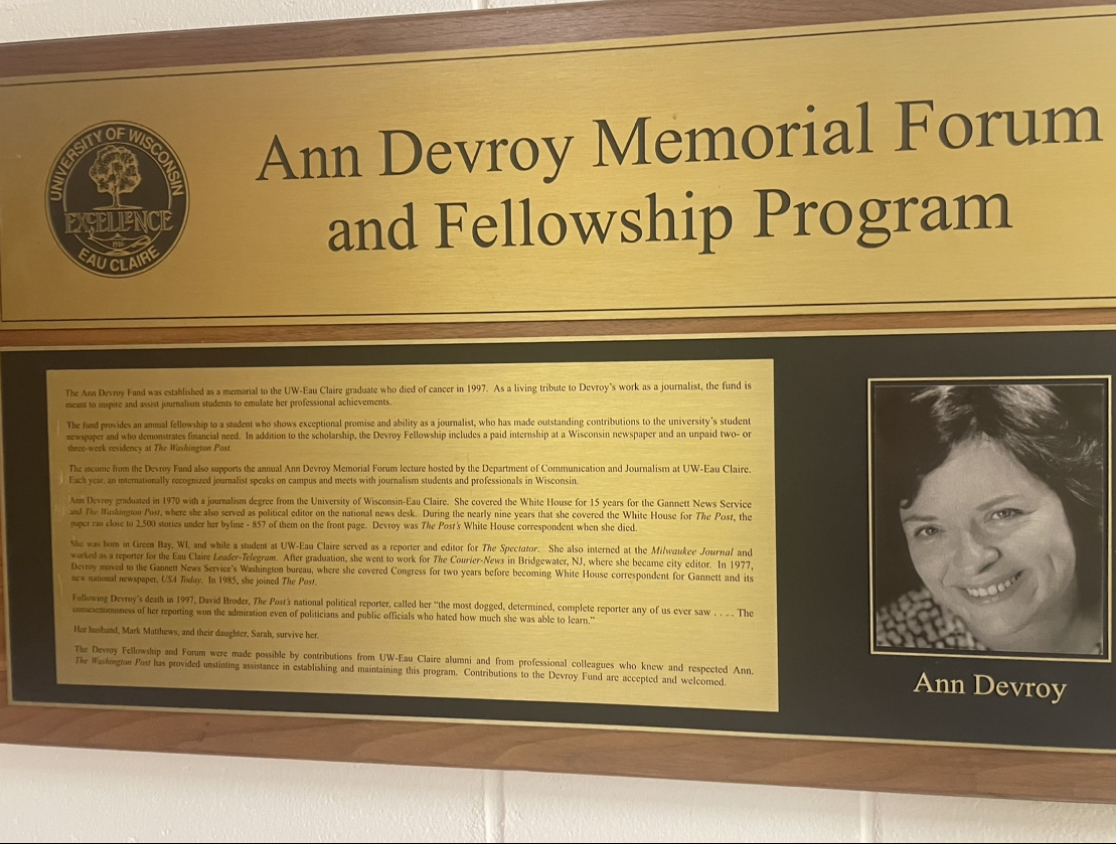The amount of registered males working in the nursing field has risen from 2.7 percent in 1970 to 9.6 percent in 2011 according to the US Census Bureau and that is being reflected in the nursing program here at UW-Eau Claire.
Junior Lorin Devine said he loves being a nursing major and has been interested in this field for a while.
“I have been interested in medical stuff for years, even back when I was a kid in boy scouts,” Devine said. “I was fascinated about the first aid merit badge and lifesaving, and when I was 20 I was a volunteer firefighter.”
Devine has heard many stereotypes about being a male nurse such as if a male chooses to be a nurse he is assumed to be homosexual, or if a male wants to be a nurse he is “settling” because he could not get into medical school.
“I understand where they are coming from,” Devine said. “So when confronted with them I always try to educate (them).”
He said he wants to eventually become an advanced practice nurse or go into anesthesia. He said he likes the holistic approach of nursing where he can be more connected with the patients he’s working with.
“That level of advocacy where you can really, if you take it seriously, make a real impact,” Devine said. “Being kind of the front lines, having more time with the patient, you’re the one who often times gets to notice some of these subtle things and can use that information to go to bat for their (patients) needs.”
Junior Patrick Marsh said he is a nursing major because it is the next step in his journey with the military. He wants to be transitioned into an officer and in order to do that, he needs to finish a nursing degree.
“(It’s) the front line to patient care,” Marsh said. “I’m going to be going right back to the Navy as soon as I’m done, so I will be the first person to see the patient come into the hospital, be the first person to put my hands on them and that’s
pretty awesome.”
The stereotypes about males being nurses do not bother him. He said it should not matter what other people think. His friends and family are supportive of him and think it’s cool that he is in the nursing field.
Marsh said the reason why he thinks more males are going into the field is because of job security and that it’s a challenging workforce.
Assistant nursing professor Norah Airth-Kindree said one of the main reasons why people have misconceptions over what a nurse is could be partially blamed on the media.
“Media plays a huge role … different shows, like ER and Grey’s Anatomy, they just don’t get it right what nursing does,” Airth-Kindree said. “I think people don’t understand what nurses do because the media doesn’t portray us in an accurate role.”
She said male nurses bring power to the field and in the end wind-up earning more money over female nurses for doing the exact same job.
She said if more male nurses were to work in the field that they could help be an advocate for change in regards to equal pay in the work environment.





